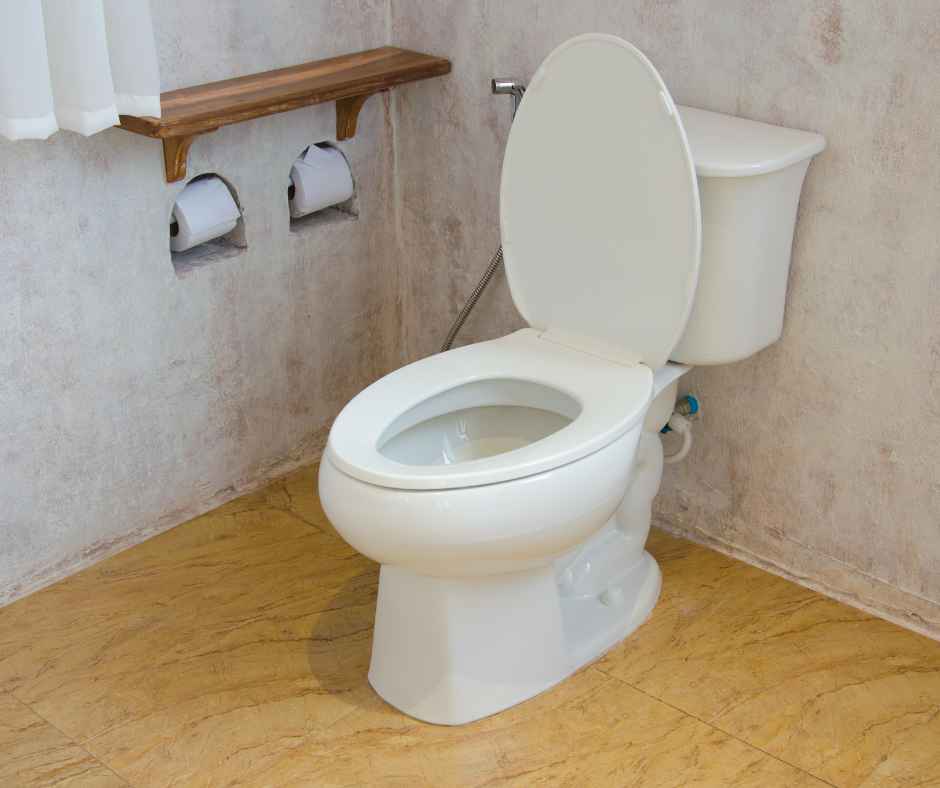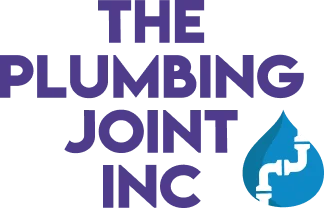the East Side & Beyond!
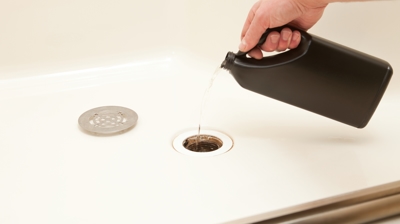
3 Things You’ll Wish You Knew Before Using a Chemical Drain Cleaner
August 20, 2021
Whenever there’s a clog in your toilet, tub, or sink, you might be tempted to buy what seems like the easiest, cheapest solution: a chemical drain cleaner. After all, it looks harmless enough in the ads, and they show the product working quickly and effectively. Just remember what they say: if something sounds too good to be true, it probably is.
Before buying another batch of chemical drain cleaner, here are a few things you should know.
1. Chemical drain cleaners are not as effective as other clog-clearing methods.
If chemical drain cleaners didn’t “work” at all, then they wouldn’t have been on the market for this many years. However, they have their limitations. While they can eat through or melt some clogs close to the surface of a drain, if you have a really stubborn blockage deep in your home’s plumbing or down in the sewer line, something you pour down the drain just won’t cut it.
To get rid of tree roots, hard layers of sediment, or years of grease buildup, you’re going to need a heavy-duty plumber’s cable or a hydro jetter, which should only be operated by a trained professional.
2. Using a chemical drain cleaner repeatedly can hurt your plumbing.
What most people don’t know is that there are two main types of chemical drain cleaners:
- Caustic: these drain cleaners combine hydroxide ions and alkaline chemicals that create a lot of heat and turn the clog into a sudsy substance.
- Oxidizing: these drain cleaners use nitrates to both dissolve the blockage’s organic material (hair, dead skin, etc.) while also creating gas and heat to remove the clog.
So what happens if the drain cleaner is not successful? You end up with caustic or oxidizing chemical reactions sitting in your drain pipe on top of the clog in standing water. Eventually, your pipe can start weakening in that spot, increasing the likelihood of a leak.
While the goal of buying a chemical drain cleaner is to save money and avoid a visit from a plumber, unfortunately, leaking drain pipes will only end up costing you more in the end.
3. Chemical drain cleaners can put your health and safety at risk.
Whatever is designed to dissolve or melt away a mass of hair, grease, soap scum, and more can’t be as harmless as it appears. Are chemical drain cleaners 100% safe and harmless? Far from it.
In fact, based on a retrospective review over a 13-year-period, it’s estimated that approximately 3,000 injuries per year in the U.S. are drain-cleaner-related. One-third of those involve heat burns.
Many drain cleaners contain at least one of these two dangerous substances:
- Sulfuric acid: an extremely corrosive substance that can get hot enough to cause severe burn injuries and blindness if it makes contact with your eyes
- Sodium hydroxide: a caustic, odorless substance that can irritate the mucous membranes of the nose, throat, and respiratory tract and also cause thermal or chemical burns
These substances not only present a risk to your health and safety, but they can also put a plumber at risk if they attempt to clear your drain after you’ve just used a chemical drain cleaner. For this reason, many plumbers will refuse to unclog your drain for the next 24-48 hours if they know you’ve just poured a caustic chemical into your plumbing.
SAFER, MORE EFFECTIVE SOLUTIONS TO CLOGS
When it comes to removing a blockage in your drain, there are three methods you can use that are safer than chemical drain cleaners:
- Plunging: A cup plunger will work best for a sink, tub, or shower, while a flange plunger will work best for a toilet.
- Cabling: This involves lowering a long, flexible, metal cable with a sharp auger on the end of it into your plumbing to cut through or latch onto whatever is causing the clog. While this can be a DIY job, we recommend involving a plumber to prevent damage to your pipes and plumbing fixtures, especially if the clog is in your toilet.
- Hydro jetting: This method is best if you’re getting frequent clogs in multiple locations. A plumber sends a high-powered water hose through your drain pipes. The hose sends out jets of water at an extremely high pressure to break down and blast away any buildup and obstructions.
Not only are cabling and hydro jetting safer methods of drain cleaning, but they’re also much more effective long-term solutions than chemical drain cleaners.
Suffering from slow or smelly drains? The Plumbing Joint Inc. is here to help! Don’t hesitate to contact our Renton plumbers to schedule your drain cleaning service: (425) 228-3204.
Recent News
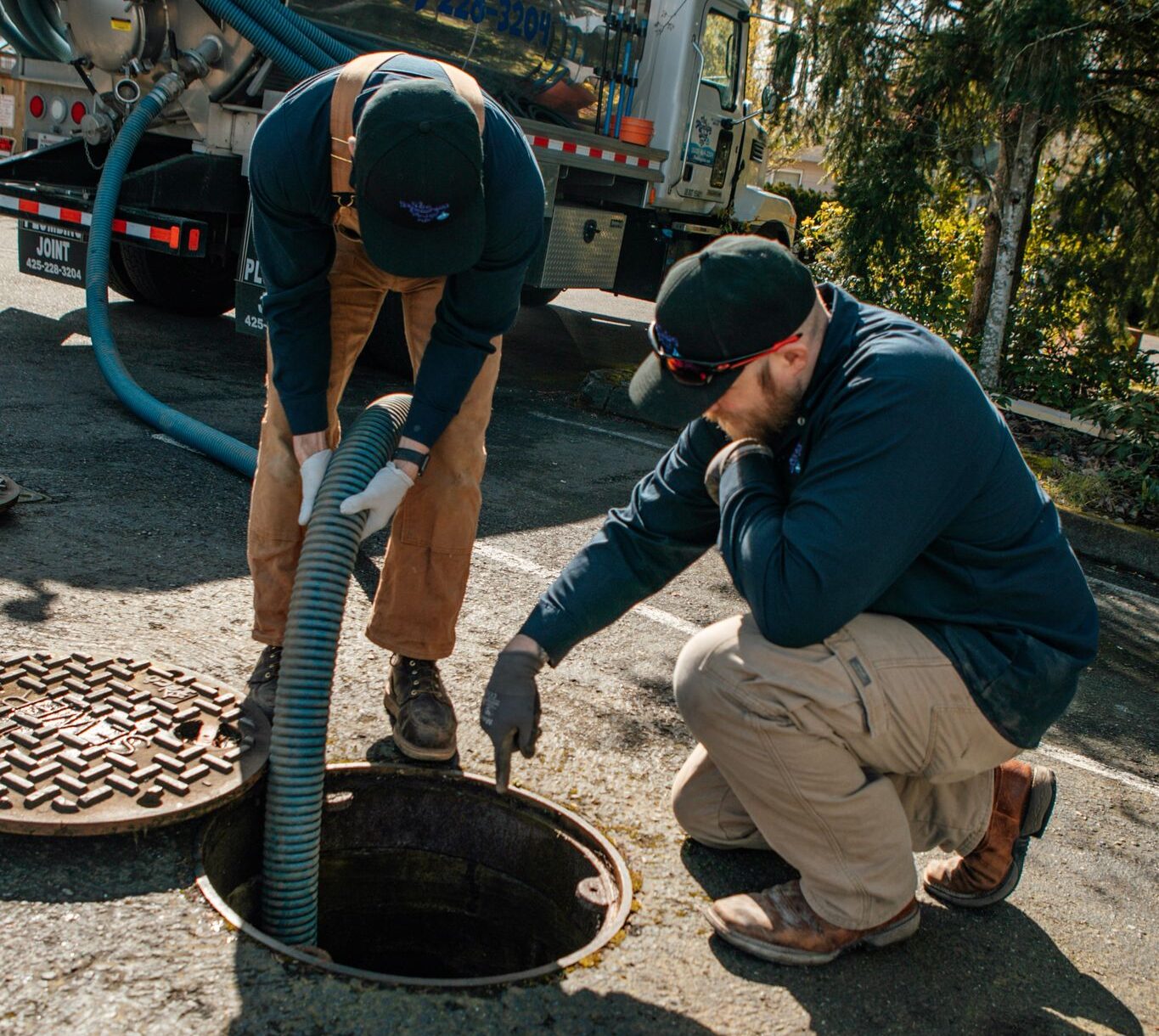
How To Spring Ahead of Plumbing Issues
March 11, 2025
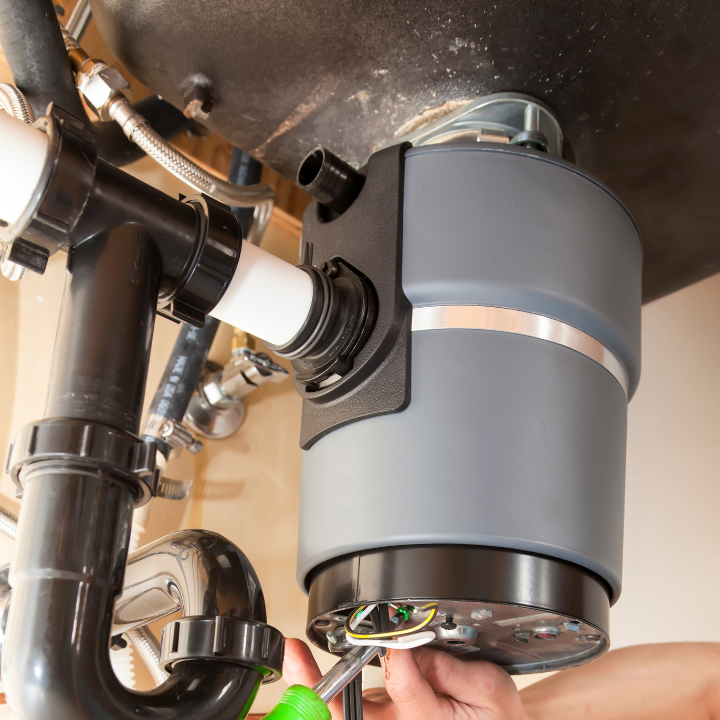
Help! My Garbage Disposal Is Humming But Not Working
February 7, 2025
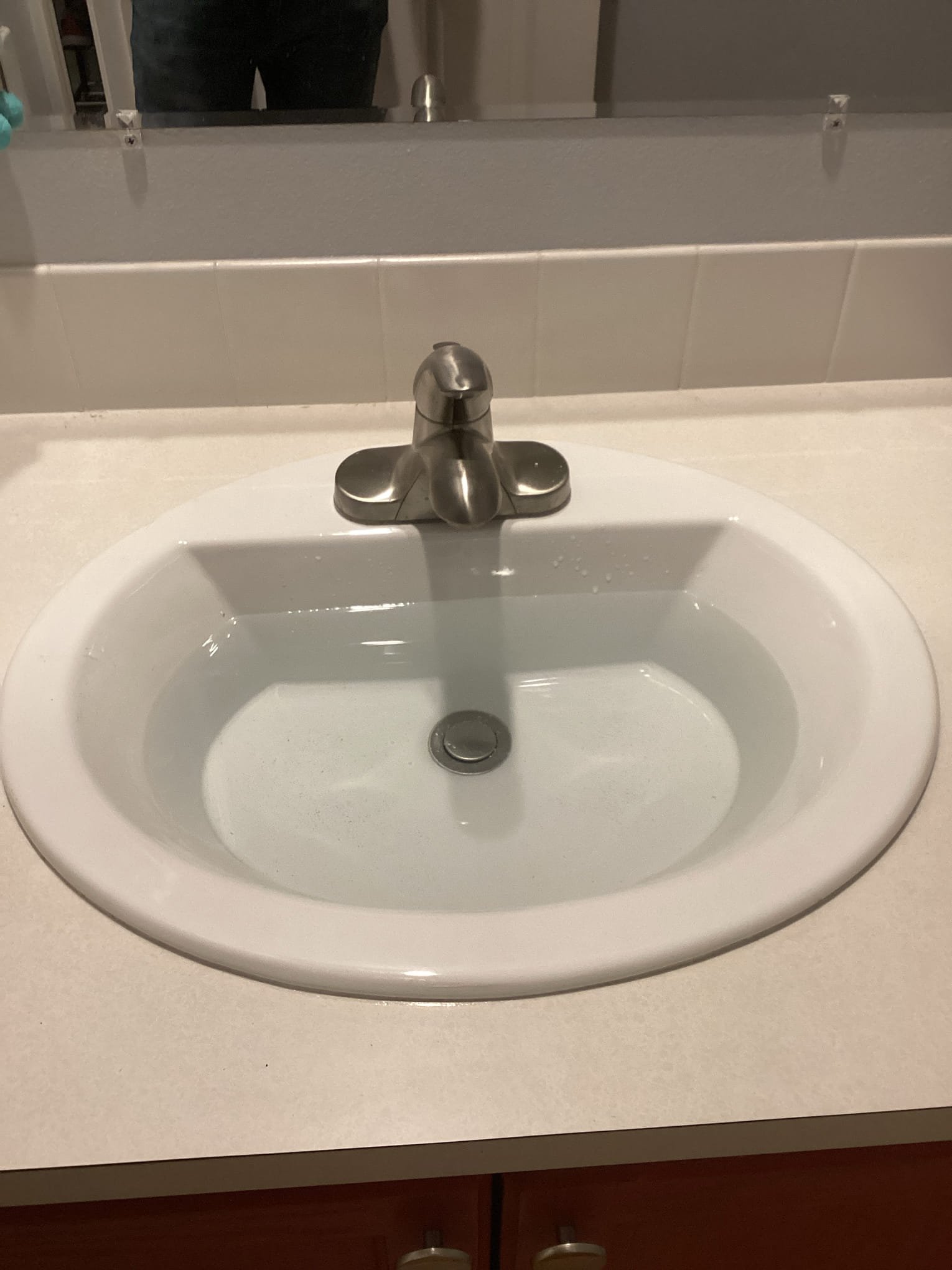
Why Does My Sink Gurgle?
January 10, 2025
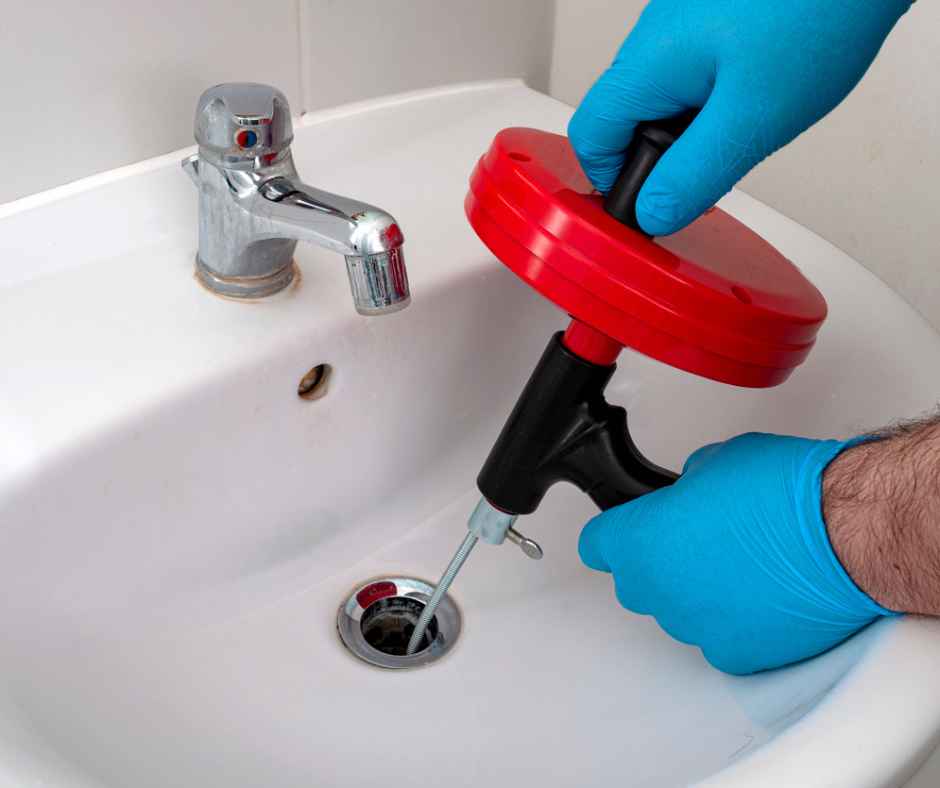
How to Use a Plumbing Snake
December 13, 2024
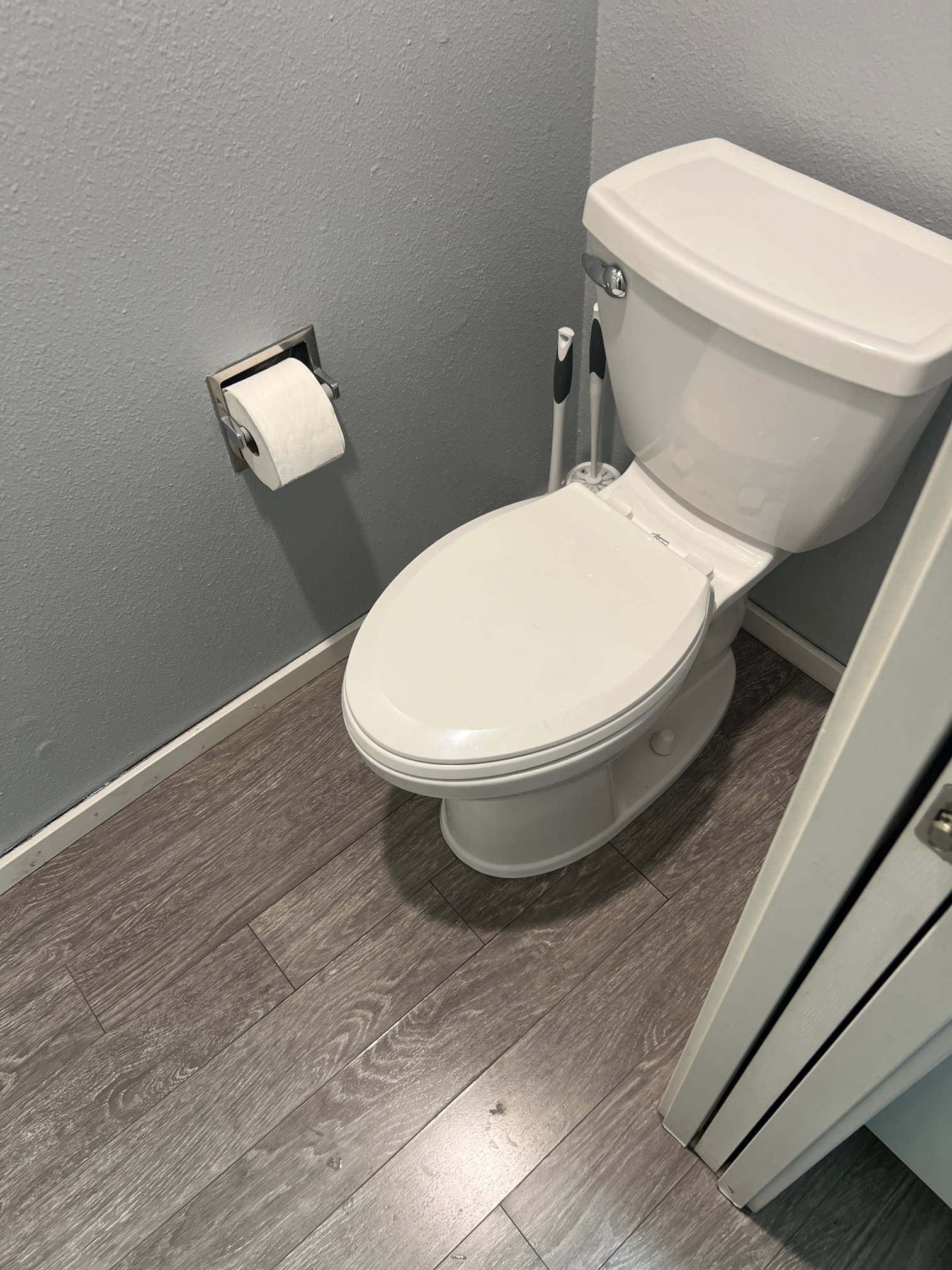
Toilet Sounds And What They Mean
November 7, 2024
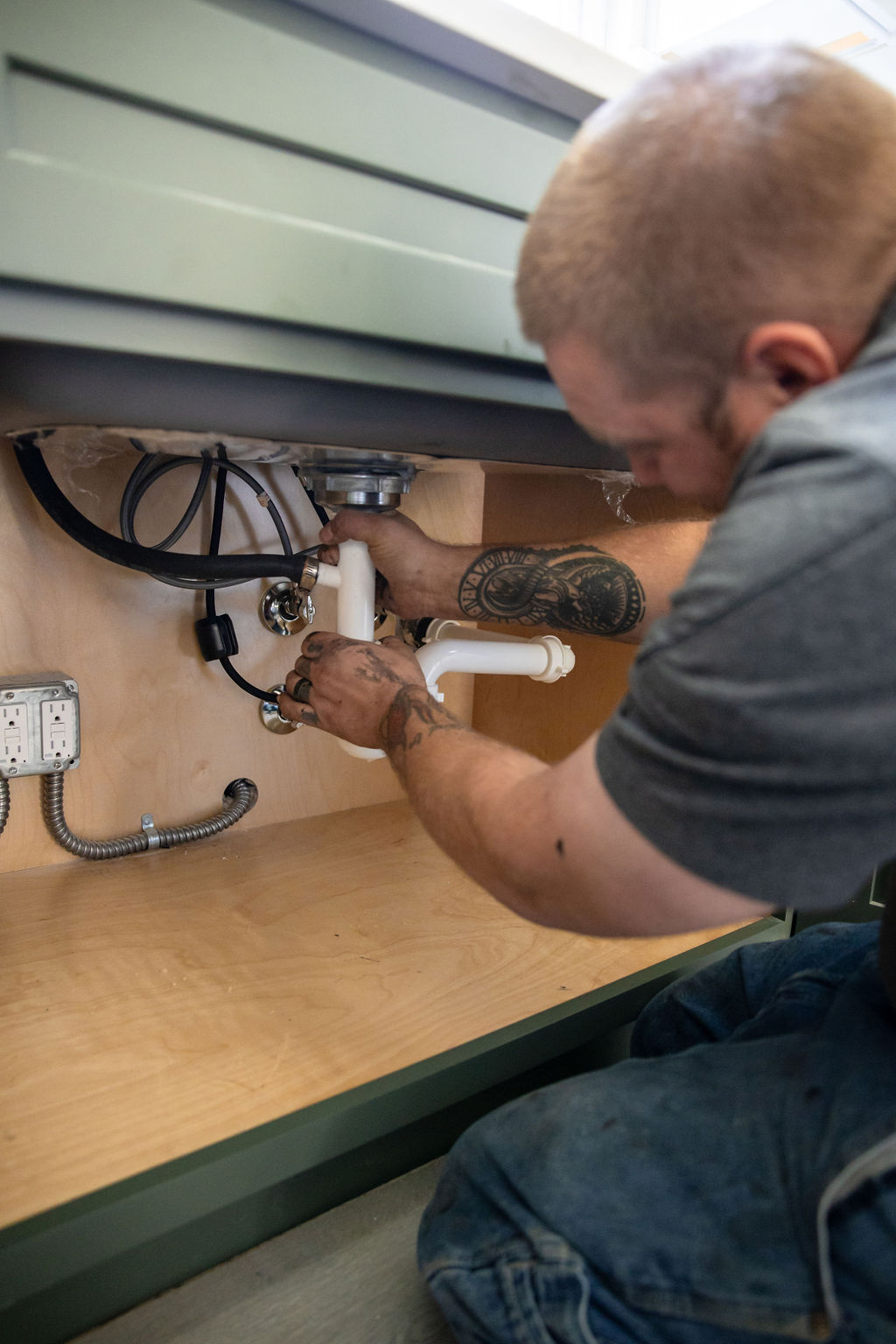
I Have Knocking Pipes When Water Is Not Running – Why?
October 10, 2024
